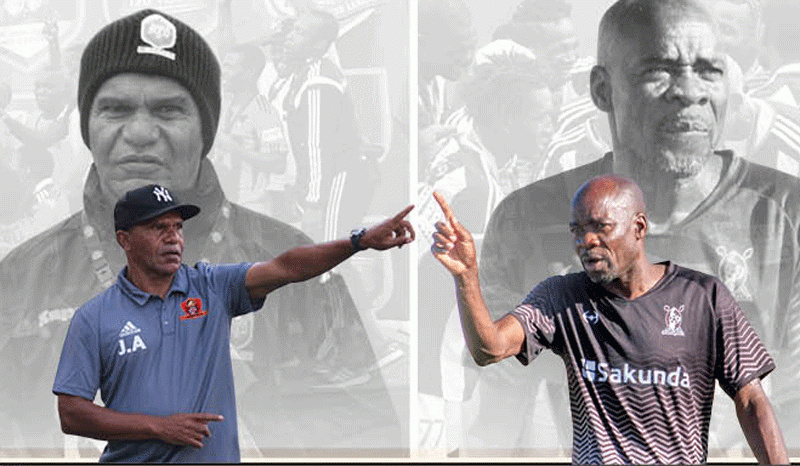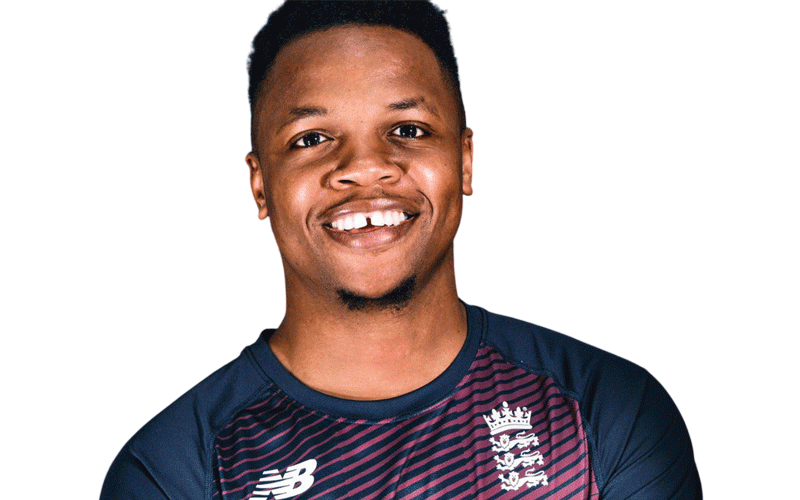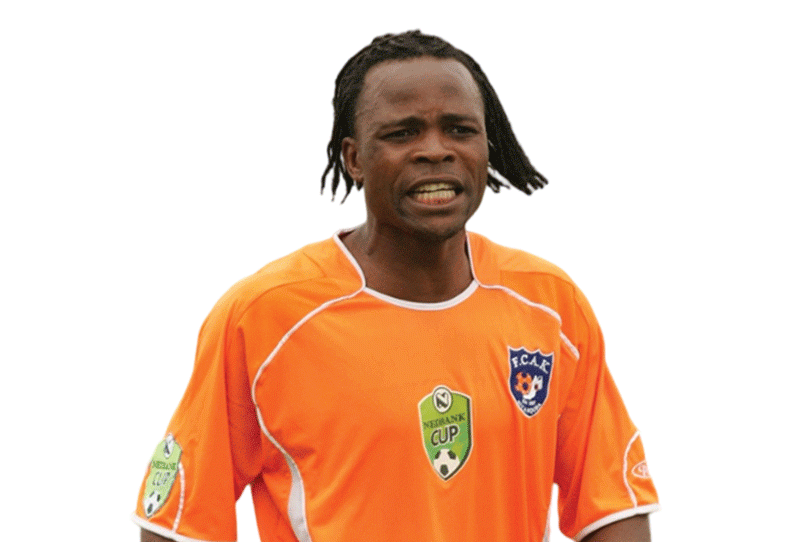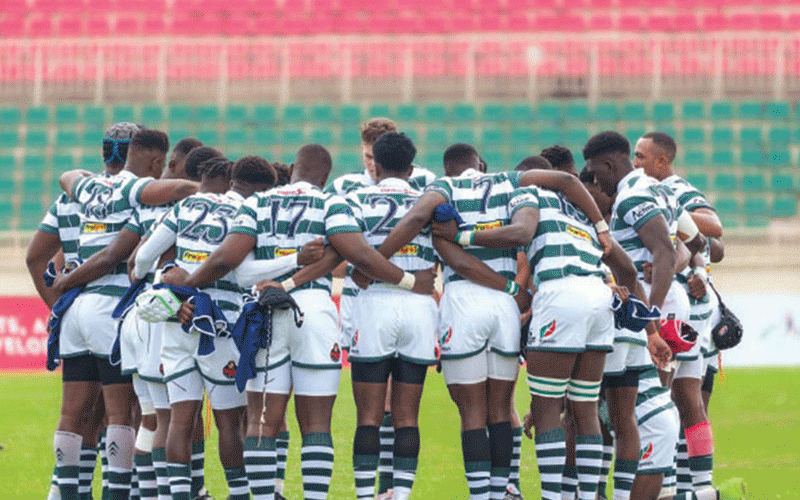
AS Zimbabwean football authorities continue with the postmortem after the World Cup and African Nations Cup qualification debacle, one of the best decisions that can be made is giving control of the national team to recognised former players. Apart from bringing playing experience, the former players will inspire confidence in the players and they won’t demand of them what they wouldn’t do themselves in their playing days.One man who comes to mind is Peter Ndlovu, the former Zimbabwe captain and possibly the country’s finest player of all time.To see if a player can make a good coach, you have to observe the manner in which he reads the game, take responsibility and leads from the front. Peter embodied all these attributes.One doesn’t need to be a player of outstanding talent in any area of the game to be a good coach – even an average player with sheer hard work and commitment, a football brain and the ability to draw the best out of other individuals – can do the job quite perfectly. But then Ndlovu has an extra advantage because he was an exceptional talent too.I have written on this column before that those who played under Ndlovu name him as an outstanding player and captain. He was very encouraging of the younger players but at the same time – unknown to many – hard, demanding and receiving high standards in every way.A great player or captain doesn’t always make a good coach – Moses Chunga being a good example. I think Ndlovu will be different. In nature he can appear reserved for a coach, but the way he won respect of the players and the results he achieved as a player and captain belie his public image.Other former players that can be considered are Bruce Grobbealar, the legendary former Liverpool and Zimbabwe goalkeeper who Zifa tried to lure a couple of years back. There is also Norman Mapeza, the Mononomotapa coach who is on the verge of leading his club to a maiden domestic league title.The ideal set-up would be to employ a head coach and two assistants. Then in the backroom would be an advisory body, also made of former players, that can act as the selection panel and also as specialist coaches.This set-up, in an ideal situation, must be based on a high-performance structure similar to that of Zimbabwe Sevens rugby where a group of players are targeted. They then meet for training or camp at every opportunity.This must all be done with a target of qualifying for the 2014 Fifa World Cup and 2012 Nations Cup.The Cheetahs did that with great effect and the results are there for all to see. For four years they worked towards something, doing the right things. They took part in less glamorous tournaments like the Amsterdam Sevens in Holland and the Benidorm Sevens in Spain.With time the Cheetahs graduated into the very competitive IRB Sevens Series tournaments. By the time they travelled to Tunisia for the qualifiers last week, not even their detractors could bet against them qualifying for the World Cup.The Warriors could start with tournaments such as the ones they played in Malaysia, Vietnam and Oman in the last 12 months. Given an opportunity, they must expose the players to top-class opposition. Sometimes they will get hammered along the way, like the Cheetahs did, but they will gradually learn.Norman must improveNorman Mapeza is about to guide Monomotapa to a remarkable premier league title, but his media relations style still leaves a lot to be desired.In almost every footballing nation, it is mandatory for coaches to hold post-match interviews. When Econet Wireless sponsored the Zimbabwean premier league a few seasons ago, they even annexed that condition to the contract with PSL, requiring coaches to speak to reporters at the end of their match. Last Saturday when Monomotapa drew nil-all with Caps United, Mapeza was shown on a ZTV news report answering back questions from a TV reporter while walking away from the camera. Grim-faced and clearly irritated, he gave dismissive responses to simple questions like: “Do you think you are closer to the championship now?” Couldn’t he spare a few minutes to speak to the reporter?Of all their claims to professionalism, I think Monomotapa have failed to teach their coach proper media management. I’m told their assistant coach is the one who does media interviews in their club set-up. What kind of an arrangement is this? Coaches are the spokesmen and figureheads of their clubs. Imagine if Alex Ferguson or Paul Ince did not do interviews!I suspect Mapeza had one bad experience with a journalist in his career going by his conduct. But holding it against everyone is unfair and unprofessional on his part.It’s so sad because it seems the media want to be friends with him and he seemed charismatic when he was a player and fans liked and respected him. That image was chiefly because of his portrayal by the same media he now despises.I remember an “interview” he did with one weekly paper in which he was uninterested. It was a good effort by the reporter to even come out with an article at all.Mapeza is obviously a good coach but he must spruce up his image and realise that taking care of media interest is part of his responsibility as a premier club coach and public figure. Too bad if he is not going to change. He has been spoken of as the next Warriors coach. Zimbabwe deserve better than [email protected]











